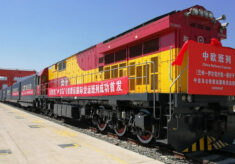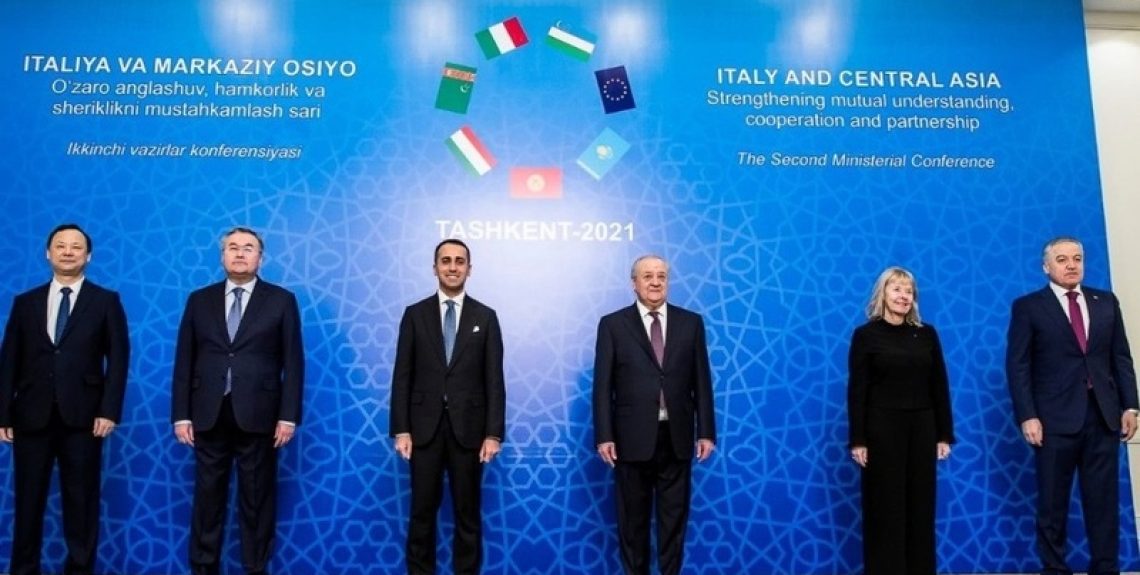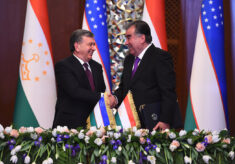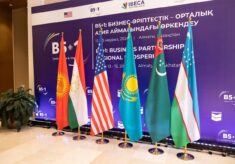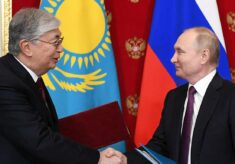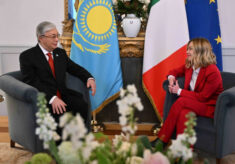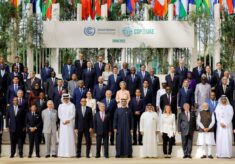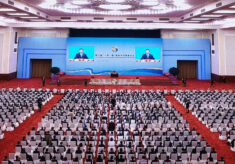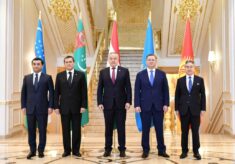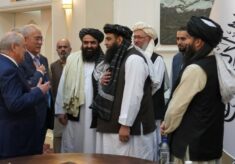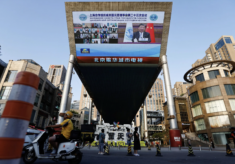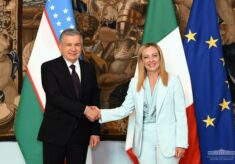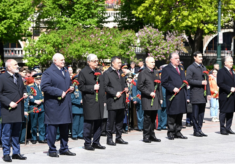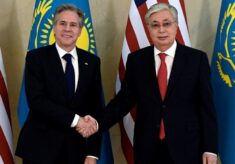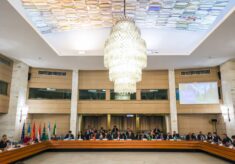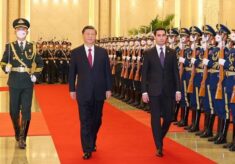On December 8, Uzbekistan’s capital city Tashkent hosted the 2nd Italy-Central Asia Conference, organized according to the 1+5 successful format. Italian Foreign Minister Di Maio and the Deputy Minister Manlio Di Stefano chaired the event, also attended by the Foreign Ministers of Uzbekistan, Kazakhstan, Kyrgyzstan and Tajikistan, together with the EU Special Representative for Central Asia, Ambassador Hakala: Turkmen Foreign Minister was not able to reach Tashkent but sent a video message, showing a clear signal of the Ashgabat’s changed approach about multilateral initiatives.
Italy has been the first EU country to adopt this specific dialogue format (1+5), which currently is the privileged framework of cooperation also used by China and United States to promote a regional approach which takes into account specific problems and domestic issues of the five Central Asian states. In the last two years Italy has showed a growing interest towards the region: the Deputy Minister Di Stefano visited all five Central Asian states in 2019, with the purpose to enhance political and diplomatic relations with these countries, enhancing the Italian role to promote the implementation of the Euro-Asian connectivity strategy, one of the main relevant EU-flagship project (F. Indeo, Italy and Central Asia: moving towards a new framework of cooperation, NDCF Strategic Trends, December 2019).
Afghanistan was one of the key topics discussed during the recent conference, because Central Asian republics appear dangerously exposed and vulnerable in the case of destabilizing threats (namely jihadist terrorist attacks) coming from Afghanistan as well as to manage a potential rising flux of refugees and migrants which could be reallocated in their countries.
Italian and Central Asian representatives also agreed on the further development of economic and trade cooperation and to enhance healthcare cooperation in the field of pandemic control. For this purpose, Italy sent a high-level delegation at the conference, which included the President of the National Institute of Public Health, Silvio Brusaferro, the President of ICE-Agenzia Carlo Maria Ferro, the CEO of SIMEST, Mauro Alfonso, as well as senior officials from SACE, Confindustria and The European House Ambrosetti (“Minister Di Maio attends the 2nd Italy – Central Asia Conference in 1+5 format”, Italian Ministry of Foreign Affairs, Press Release, December 8, 2021). Furthermore, the sides also discussed to promote scientific and academic cooperation: a specific round-table was organized by the Marco Polo Research Centre of Ca’ Foscari University of Venice, with the participation of the Italian Observatory for Central Asia and Caspian.
This comprehensive initiative aims to strengthen the Italian position in the region, as a political partner for Central Asian countries in the international arena also opening new business’ opportunities for national companies: even if China and Russia remain the most geopolitical influent players in the region, Italy could become the reliable and alternative partner which would allow Central Asian countries to diversify their foreign policy. One of the main driving factors will be the capacity to focus and allocate future investments in specific sectors (such as the renewable energy’s production or the infrastructure sector) and to work on the promotion of the “Made in Italy” products in Central Asian markets, especially in Kazakhstan and Uzbekistan.
